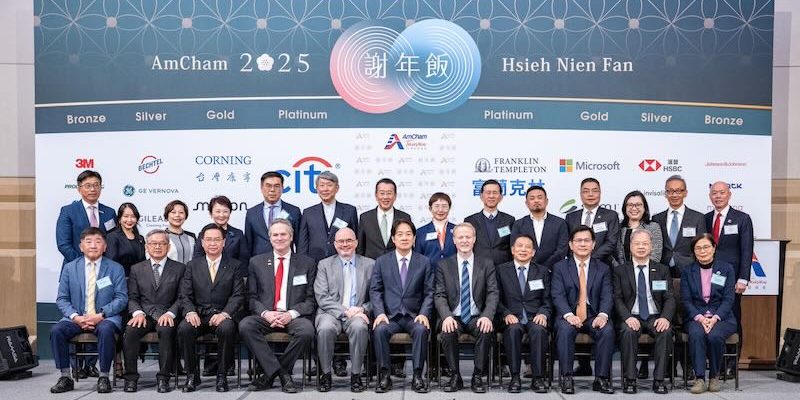
For better or worse, Taiwan received unprecedented global interest in 2022. Coverage in internationally read publications, such as The New Yorker, The Economist, and The Atlantic, has been lengthy and detailed.
The Ministry of Foreign Affairs estimates that the foreign media presence in Taiwan has increased by more than 30% since 2020. These developments, coupled with the establishment of more English-language media outlets – most recently the TaiwanPlus 24-hour news channel and CNN International’s newly established Taipei office – mean that global knowledge of Taiwan will undoubtedly increase.
Although a fair share of interest in Taiwan – particularly during the year’s second half – has arisen from talks of possible security threats to the island democracy, this is an opportunity to steer the narrative and tell impactful stories.
For those deeply involved in all matters Taiwan, it’s easy to forget how little most people on the outside know about it. Apart from China’s threats and “Made in Taiwan” labels on various goods, many don’t have a strong impression of the island.
Spreading the word on why Taiwan matters has been a longstanding mission of AmCham and TOPICS. For more than five decades, TOPICS has been a channel for disseminating information on business developments here, often sharing industry-specific news that’s not covered in other English-language media.
This year, AmCham collaborated with the East-West Center to produce a booklet titled Taiwan Matters for America / America Matters for Taiwan. The publication and accompanying website map the trade, investment, employment, business, diplomacy, security, education, tourism, and people-to-people connections between the United States and Taiwan.
AmCham has also advocated for business through interviews with several media outlets in the past year, including Nikkei, Forbes, and Bloomberg. As 2023 fast approaches, we remain committed to utilizing our expertise to tell big and small stories representing the diversity and agility of Taiwan’s industries and society.
Stakeholders should also use the newly garnered interest in Taiwan to acquaint the world with why this small island is important in the grand scheme of things. Its vibrant democracy, crucial role in the world economy, dominance in the semiconductor sector, and strategic location in East Asia are just a few areas that can and should be loudly promoted. Scrutiny of its institutions and regulations are equally important.
During the early stages of the pandemic, Taiwan not only acted swiftly and efficiently to contain the virus but also provided other countries with medical equipment and assistance. Its capability to participate in international health and safety issues without inclusion in the World Health Organization is a story worth telling in the post-pandemic era. Moreover, Taiwan’s position as a world leader in the semiconductor industry has solidified its place as a key player in the global economy, inspiring Warren Buffet to overcome his reluctance to invest in tech firms and purchase stock in TSMC.
Similarly, Taiwanese enterprises and international companies on the island should be more open to sharing their stories. Too often, strict media policies hinder companies from promoting their objectives and sharing important insights and perspectives. Foreign journalists regularly complain about a culture of stonewalling, a widespread corporate practice often driven from the top. In the age of owned media especially, traditional media remains essential to trust and favorability.
By promoting high-quality reporting and a willingness to inform, 2023 could be a year when more sundry stories on Taiwan’s successes and challenges are shared globally. AmCham looks forward to doing its part by communicating with media whenever possible and producing well-researched material through TOPICS.




